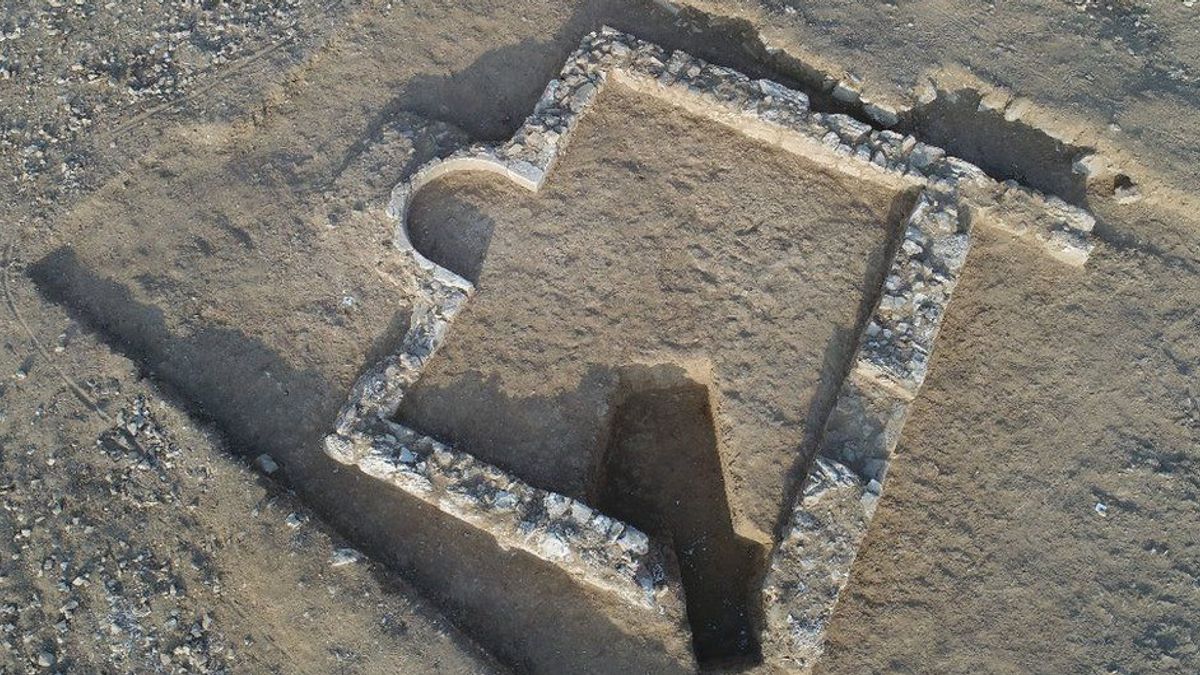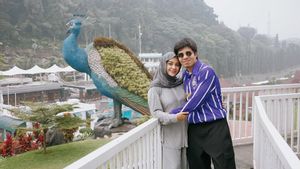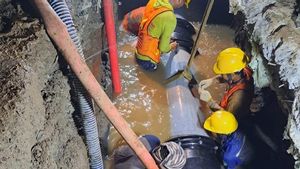JAKARTA - Israeli archaeologists have uncovered an ancient mosque in the Negev desert that is more than 1,200 years old. The structure was discovered during construction work in Rahat, a predominantly Bedouin town in the Negev founded in the early 1970s.
The Israel Antiquities Authority (IAA) said in a statement that the mosque was founded during the Muslim conquest of the Levant, sometime in the 7th century.
The mosque contains a square hall and a wall facing towards (Makkah), with a semicircular alcove in the wall facing south, the IAA said.
"This unique architectural feature suggests that the building was used as a mosque," the authorities said, noting that it may house several dozen worshipers at once.
Not far from the mosque, a "luxury building" was also found, with the remains of tableware and glass artifacts that show the wealth of its occupants, the IAA said.
Three years ago, authorities discovered another mosque nearby from the same era in the 7th to 8th centuries CE, calling the two Islamic places of worship "among the earliest known worldwide".
The mosques, plantations and other houses found nearby illuminate "the historical process that took place in the northern Negev with the introduction of a new religion, the Islamic religion, and a new government and culture in the region," the IAA said.
"It was gradually established, inheriting the previous Byzantine government and the Christian religion which held sway over the land for hundreds of years," the IAA said.
To note, the Muslim conquest of the region occurred in the first half of the 7th century.
The Madain Project, an online archive of Abrahamic history and archeology, said the age of the site was determined by "traditional archaeological methods, such as stylistic identification of pottery, coins, and oil lamps," meaning construction took place "around the end of the seventh to early eighth centuries AD, with a difference of 30 to 40 years."
The IAA said the mosques found in Rahat would be preserved in their current location, either as historical monuments or as active places of prayer.
The English, Chinese, Japanese, Arabic, and French versions are automatically generated by the AI. So there may still be inaccuracies in translating, please always see Indonesian as our main language. (system supported by DigitalSiber.id)








